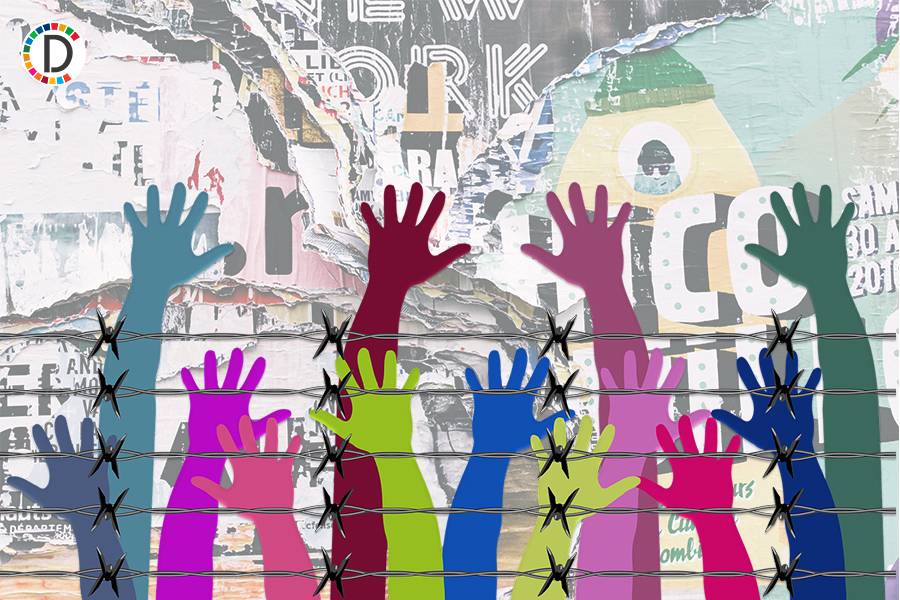Oath Keepers founder Rhodes takes the stand in U.S. Capitol riot trial
The charges include seditious conspiracy, which carries a sentence of up to 20 years in prison. Throughout the trial, prosecutors have said Rhodes is a radical far-right figure who urged his followers to use any means necessary, including violence, to keep Trump in power and prevent Congress from certifying President Joe Biden's election victory.

The founder of the far-right U.S. Oath Keepers group Stewart Rhodes on Friday denied his organization was racist or a militia movement as he took the stand in his trial on charges of trying to block the peaceful transfer of presidential power in 2021.
Tearing up at times on the stand, the former Army paratrooper said the group was a civic-minded organization that helped give veterans a feeling of purpose when they returned home from deployments abroad. U.S. officials have described the Oath Keepers, whose members include current and former military and police personnel, as an anti-government group.
The government has charged Rhodes and co-defendants Thomas Caldwell, Kenneth Harrelson, Kelly Meggs and Jessica Watkins with multiple felonies in connection with an attack on the U.S. Capitol by supporters of then-President Donald Trump on Jan. 6, 2021 that sent lawmakers and staffers fleeing for their lives. The charges include seditious conspiracy, which carries a sentence of up to 20 years in prison.
Throughout the trial, prosecutors have said Rhodes is a radical far-right figure who urged his followers to use any means necessary, including violence, to keep Trump in power and prevent Congress from certifying President Joe Biden's election victory. Trump supporters gathered on Capitol grounds on Jan. 6, as lawmakers met to certify Biden's win, after the Republican president falsely claimed that the election had been stolen from him by Democrat Joe Biden.
But Rhodes told the jury he had not been motivated by concerns about election fraud but a belief that the election had been unconstitutional because of a flurry of new rules by state executives rather than legislatures to make it easier for voters to cast ballots during the coronavirus pandemic. "Do you believe the election had been stolen?" one of Rhodes' attorneys asked.
"I believe the election was unconstitutional, and that made it invalid," Rhodes said.
(This story has not been edited by Devdiscourse staff and is auto-generated from a syndicated feed.)
ALSO READ
Saluting Courage: The Indian Army's Unyielding Spirit on Army Day
Punjab Police Thwart Drug Trafficking Operation by Army Deserter
Akhilesh Yadav Renews Call for Ahir Regiment in Indian Army
Northern Army Commander's Strategic Poonch Evaluation
Army Jawan Arrested for Assault at Tatisilwai Railway Station










